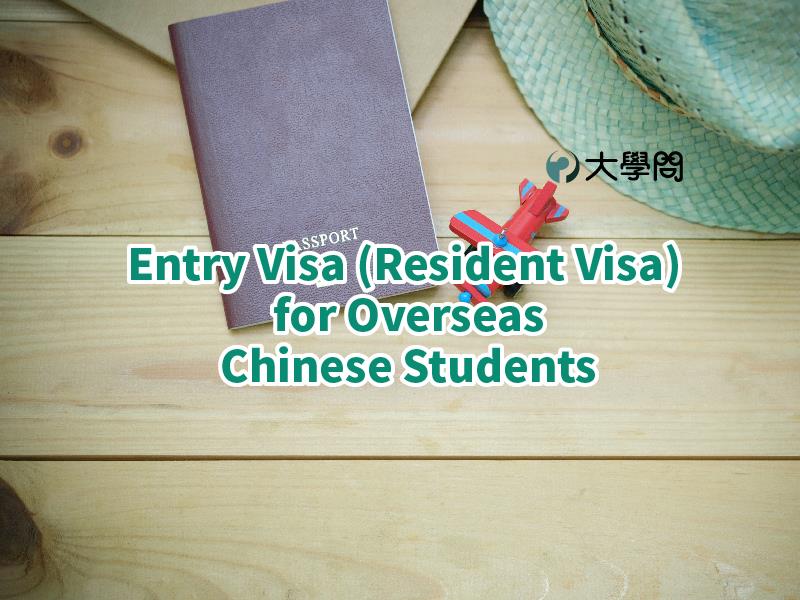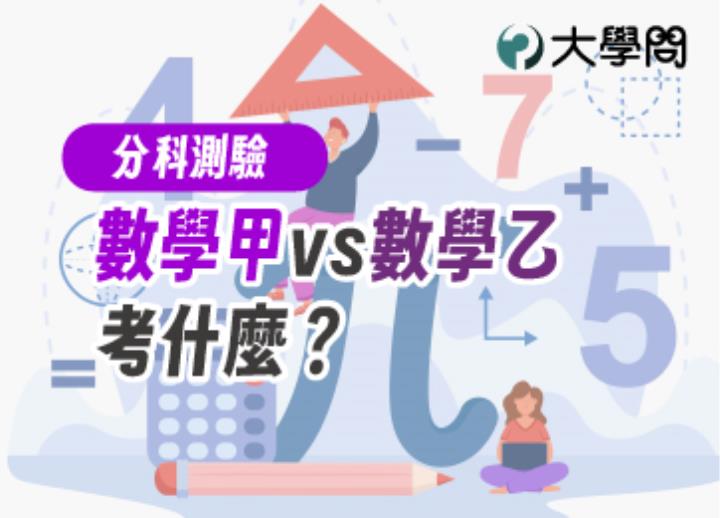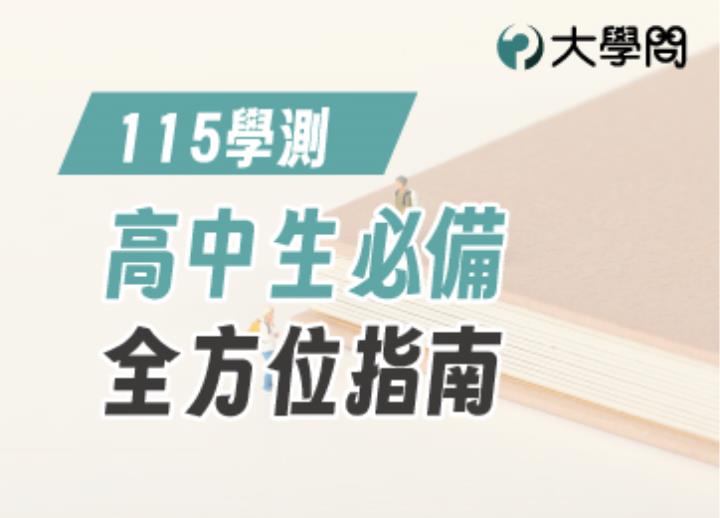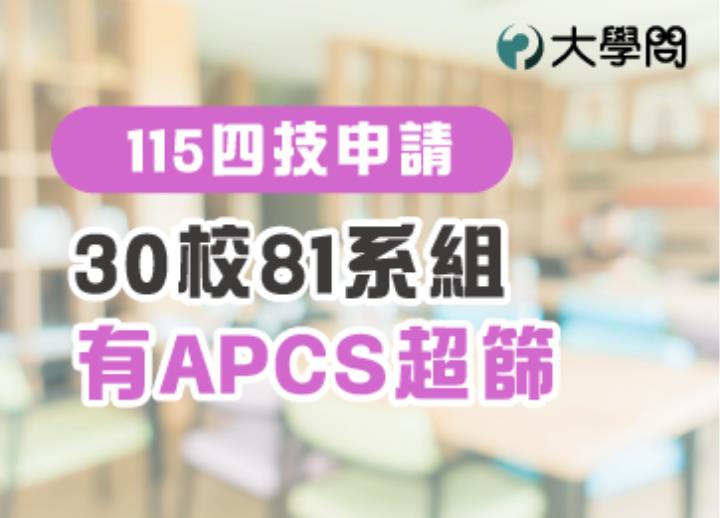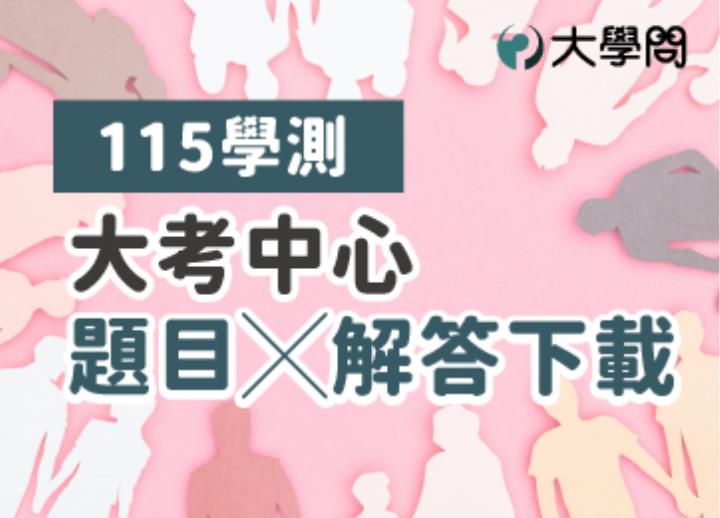首頁
/ 情報 / Global / Higher Education in Taiwan
Higher Education in Taiwan 收藏
大學問編輯部 2022-03-21 Global

Two main categories
There are currently 159 universities, collages and junior colleges in Taiwan, which are divided into two main categories: "public" and "private".Public universities and colleges
Public universities and colleges are those established by the government. Except for a very small number of municipal universities and colleges, they are all national, that is, they are established and managed by the Taiwan’s Ministry of Education. Like in most western countries, many public universities and colleges receive significant endowments and extra funds from the government, and the tuition fees are also cheaper than private ones.
Private universities and colleges
Private universities and colleges are set up by commercial groups or religious parties and overseen by the government. The main income comes from non-governmental funds such as tuition fees, donations, and fundraising. The tuition fees are relatively high, yet the courses they offer are more diversified.
General and professional education systems
Taiwan's education system is divided into two major pathways: general education system and professional education system (See Figure 1).
General education system
It applies to general universities which mainly focuses on academic studies in the fields of humanities, social sciences, natural sciences, arts engineering and medicine. Regular high school graduates (Grade 12) need to take the national university entrance examination for university and college admission. The study period is normally four years, with the first two years covering general topics and introductory subjects of specialization, while the last two years focus on more advanced coursework of specialization. A minimum of 128 credits is required for students to graduate, although most programs require between 132 and 175 credits. Some specialized undergraduate programs need more time to complete. For example,
- Fine Arts: 4 – 5 years;
- Architecture and Veterinary Medicine: 5 years;
- Dentistry: 6 years;
- Medicine: 7-8 years.
Professional education system
In order to train more people with high-level of professional and practical working skills, Taiwan’s government offers a variety of technological and vocational education (TVE) to students. There are many junior colleges, institutes of technology as well as universities of science and technology across the country. TVE emphasizes on integration of production and education, with the goal of cultivating professional and technical talents.
Junior Colleges
Offer 2-year programs (with 80 credit hours) and 5-year programs (with 220 credit hours), which will eventually lead to associate degrees.
Institutes of Technology and Universities of Science and Technology
Offer 4-year bachelor's degree programs (with 128 credit hours), or 2-year bachelor's degree programs (with 72 credit hours) if the enrolling students have an associate degree.









